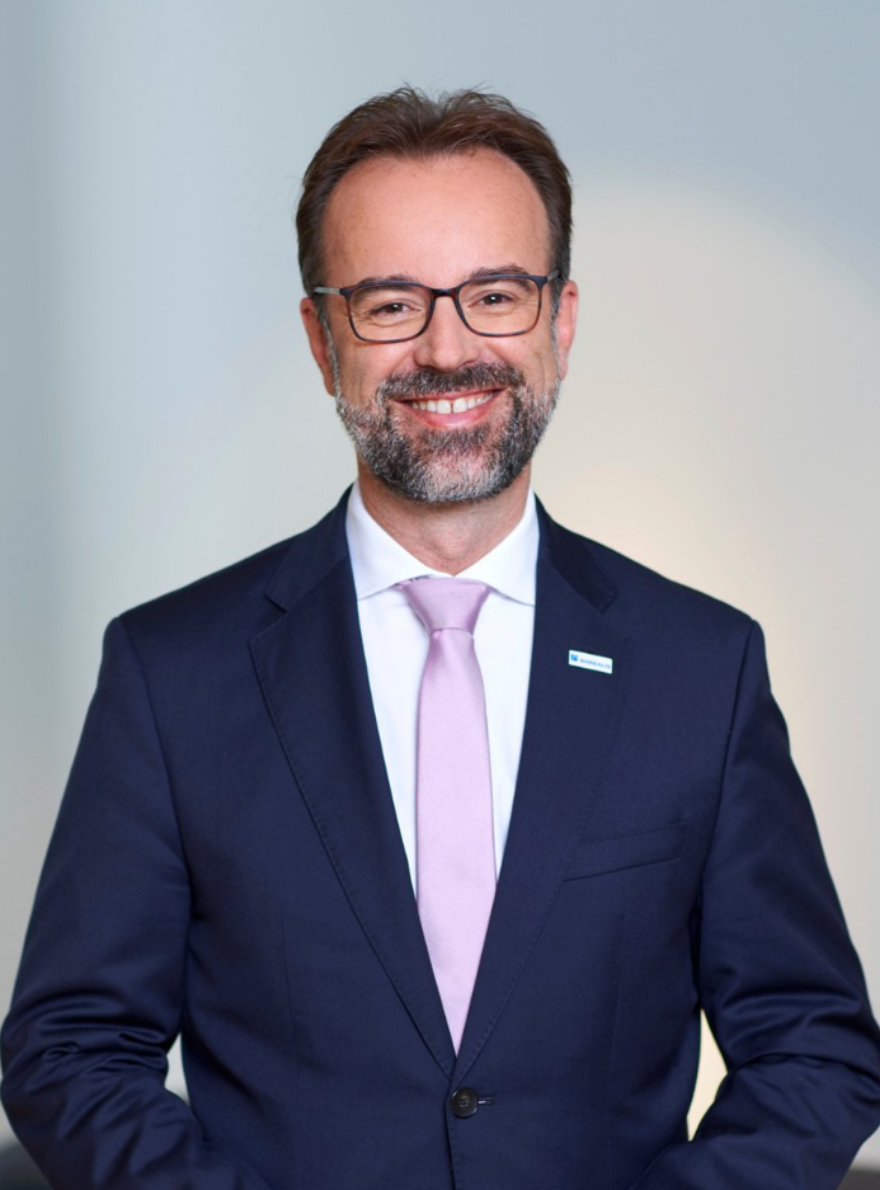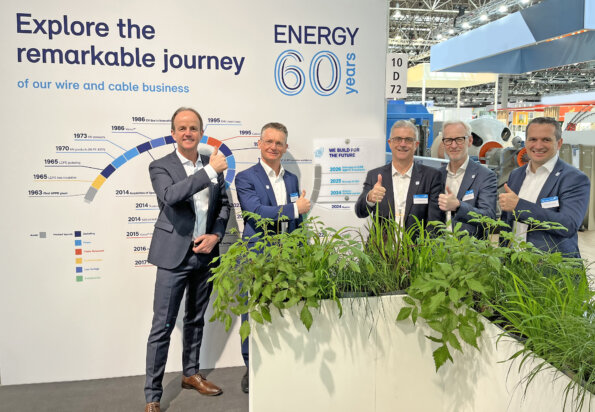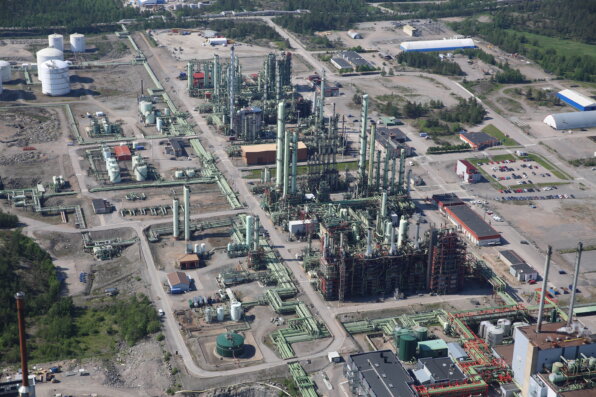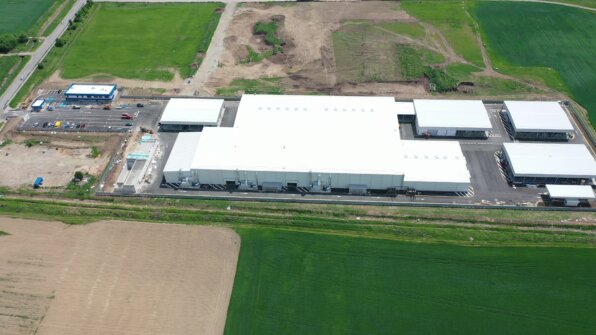Research and Development
The Borealis commitment to re-invent essentials for more sustainable living combined with state-of-the-art facilities and future-positive thinking drive the company's research and development to provide pioneering and circular solutions.
Our Expertise
Borealis is active in innovation along the entire value chain:
- Hydrocarbons
- Catalyst and polymerisation processes
- Product and application development in polyolefins
In recent years, this has been expanded to put Borealis on the forefront of creating a circular PO economy, including capabilities in the fields of:
- Renewable feedstock
- Product and application design for re-use and recycling
- Recycling technologies
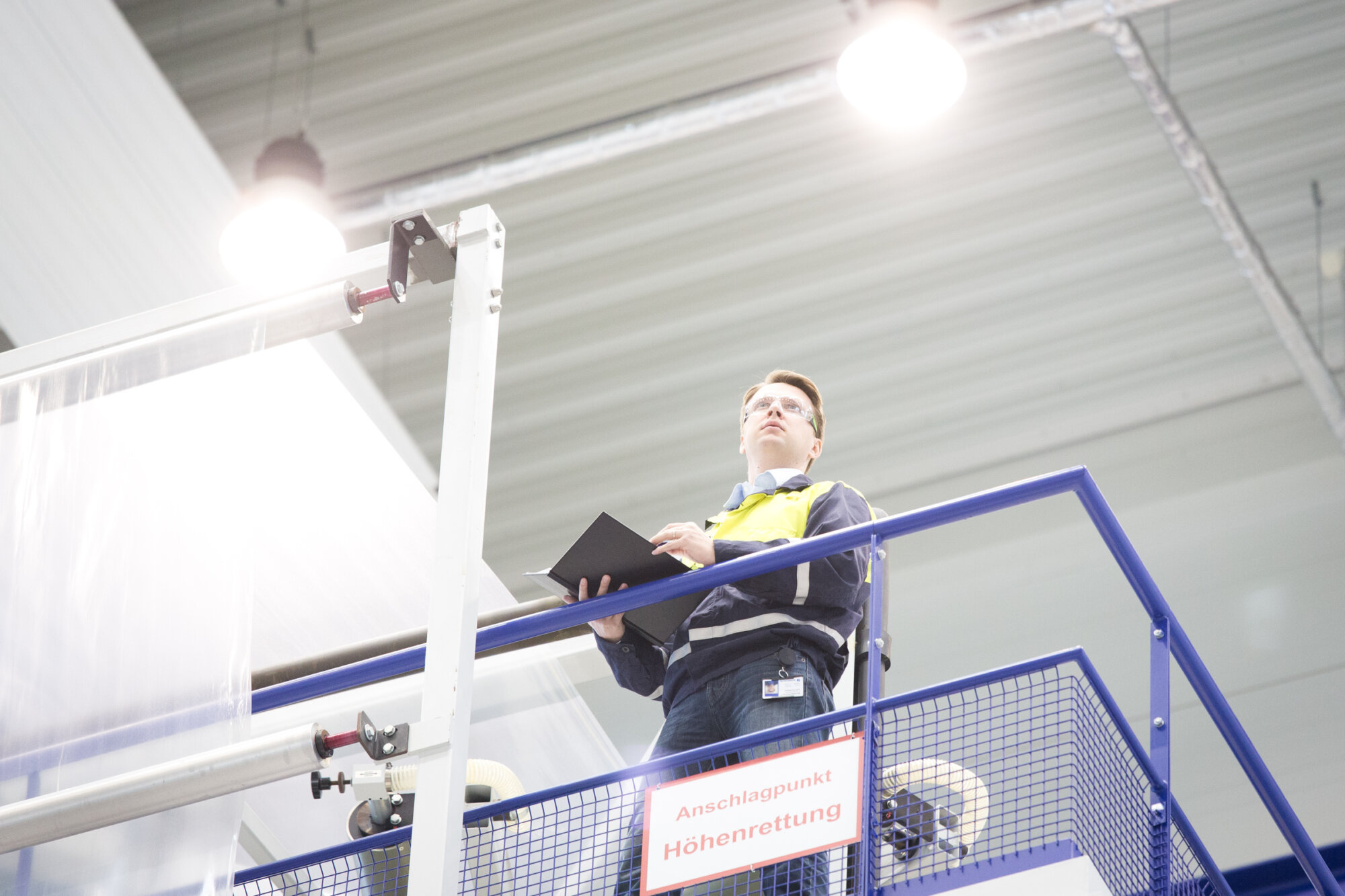
Our Approach
Value Creation through Innovation
The Borealis Value Creation through Innovation strategy sets it apart from other companies in the industry because it concentrates on the entire value chain. Borealis does not just make products, but rather focuses on the entire life cycle of how these products are processed, deployed, used, and ultimately recovered into a second life.
The key to developing value-adding solutions is to tailor the materials' property profile to the end-use application. This is why Borealis' research and development takes place in close collaboration with value chain partners who transform Borealis materials into final products. The company's customer-driven approach to innovation seeks to understand all the needs, opportunities and challenges that occur along the value chain. This approach coupled with Borealis' polymer design capabilities and exclusive technologies allow the company to offer timely, value-creating products for the complete value chain in a sustainable way.
Providing for a Broad Range of Demanding Applications
In addition to product development, Borealis R&D activities focus on plant performance and operational excellence. It is of key importance to understand production processes in detail in order to constantly improve safety, increase output and accomplish sustainable cost leadership. Therefore, Borealis has developed analytical methods, simulation tools and lab-scale pilot plants to study the industrial hydrocarbon processes on a small scale. Using these tools in combination with expertise in process technology, process chemistry and strong collaboration with the operational units creates opportunities to exceed today's operational limits.
For polyolefins, Borealis focuses on understanding the structure-property relationship from the catalyst through to the processing of the final product. At the advanced Borealis laboratories and polymer processing facilities, product development starts with small-scale polymerization followed by pilot and production scale. The lab-scale polymerization (approx. 1-3 kg/day) is used for conceptual product development and product screening before semi-commercial quantities are produced in the pilot plants (2.5 t/day) for industrial process validation and final product testing. A full technical release is required before moving these products to commercial polypropylene or polyethylene plants (40 t/h). In order to achieve the highest performance in mechanical properties and processability, Borealis employs multimodal polymer design and allows for post-reactor modification.
Borealis' research and development considers special functionalities of the end application such as:
- Surface quality
- Paintability
- Electrical properties
- Heat resistance
- Low shrinkage
Therefore, Borealis has invested in polymer processing and compounding facilities with state-of-the-art equipment in which it can replicate almost the entire polymer processing spectrum used by its customers. This combined with advanced material and application testing as well as analytical and physical characterization enables Borealis to predict the product performance in the respective application early on in the development cycle.
Intelligent and Sustainable Solutions
Providing
intelligent and sustainable solutions for today's challenges is a
core Borealis mission. This is why digitalization is an essential aspect of polymer research and development at Borealis. To enhance the material development process and ensure tailor-made solutions for customers, modelling and simulation methods such as molecular modelling, computational material science, process modelling, reaction kinetics, and CFD (Computational Fluid Dynamics) are used across the Borealis innovation centers. Moreover, broader developments in digitalization are underway to further optimize intelligent and sustainable resource utilization.
The Borealis commitment to Value Creation through Innovation will continue to drive
progress in the circular sphere. With this approach, Borealis is spearheading the transformation of the plastics industry. To accelerate the development and launch of market-ready circular solutions, Borealis founded the Circular Economy Solutions (CES) Innovation Studio in 2019 at Borealis Innovation Headquarters in Linz, Austria. The CES Innovation Studio has become a hub of research and development for novel circular polyolefins-based technologies and solutions and has already produced a range of enhanced circular contributions. In addition to Borealis internal R&D efforts, collaboration with value chain partners and other institutions enables the “co-creation” of recycled polyolefin (rPO) compounds, applications that are designed with recyclability in mind (DfR), and new recycling technologies.
Accelerating Innovation
By investing in research facilities with state-of-the-art machinery, Borealis is also investing in its customers' success, the environment and society as a whole. Bringing new concepts to the market quickly is an essential element of successful innovation. Borealis is committed to improving internal efficiency by utilizing high throughput experimentation in combination with advanced modelling and simulation knowledge. By generating more precise material data, Borealis is able to achieve a faster and more competitive approach to material development, while customers can improve their efficiency through more in-depth information about the materials they use.
